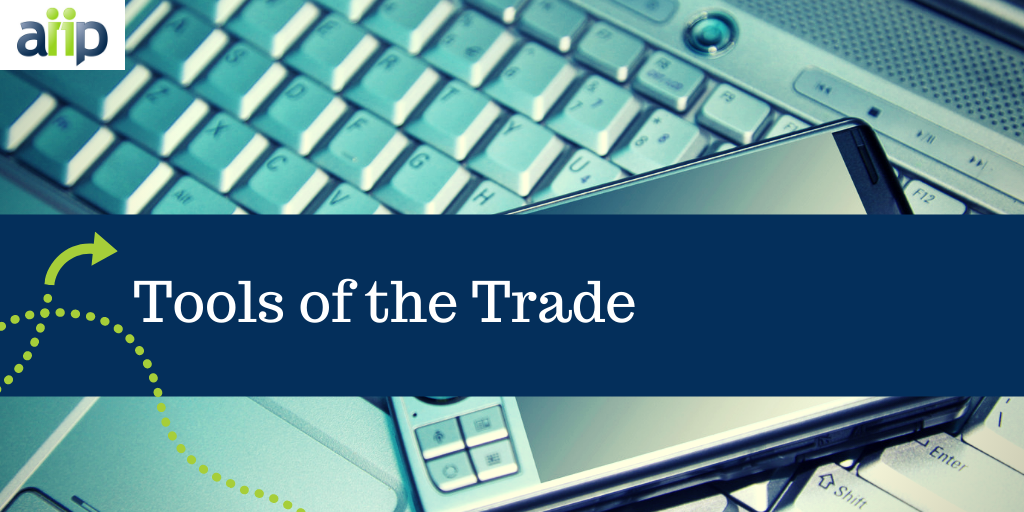Real Information – Artificial Intelligence: the AIIP AI blog – March 2025

By Arthur Weiss
Editor’s note: This will be the first in a series of blog posts – covering what’s new and, more importantly, how infopreneurs can maximize the benefits of AI tools.
I wrote a blog post on AI apps for Infopreneurs a couple of months ago. Since then, multiple announcements have come from the main AI players – and competition is intensifying, with, for example, Elon Musk pitching to purchase OpenAI for a sum significantly below OpenAI’s putative worth. (Musk co-founded OpenAI and ChatGPT but left the board in 2018 due to disagreements over its business direction. He has since launched Grok, available on Twitter/X and other platforms).
Let’s start at the very beginning (as Julie Andrews sang in the Sound of Music) by clarifying some definitions on what AI is and isn’t – including Generative AI, at the centre of most of the recent hype.
Artificial Intelligence (AI)
AI is not just ChatGPT and similar programs – these are only a subset of artificial intelligence. Artificial Intelligence programs typically perform tasks associated with human intelligence – problem solving, decision making and learning from inputs to generate outputs that may be completely different from how a human would approach the problem.
Currently AI software is designed for specific tasks – playing chess or other games, understanding and analysing protein structures from amino acid chains, aiding in medical diagnoses, enabling self-driving vehicles, and many more applications. What defines an AI system is its ability to process vast amounts of data and make inferences from such data much faster than the human brain.
A recent example that hit news headlines was the use of “Co-scientist” (https://blog.google/feed/google-research-ai-co-scientist/). Co-scientist is an AI system built on Google’s Gemini 2.0 and designed to aid scientists in creating novel hypotheses and research plans. Researchers can specify a research goal using natural language, and the AI co-scientist will propose testable hypotheses, along with a summary of relevant published literature and a possible experimental approach. Professor José Penadés and his team at Imperial College London tested the tool, asking it for hypotheses on how antibiotic resistance spreads in bacteria. Within two days Co-scientist had come up with an explanation. Professor Penadés had previously spent many years researching the problem, with the results not yet published or even shared externally. His team members were sufficiently astounded that Co-scientist had so quickly found the answer they’d spent so long researching that they called Google in case it had gained access to their computers. Professor Penadés said, “It’s not just that the top hypothesis the tool provided was the right one,” but that it also provided another four that all made sense, one of which his team hadn’t even thought about: https://www.bbc.co.uk/news/articles/clyz6e9edy3o
For most infopreneurs, however, the relevant parts of AI are Generative AI tools such as ChatGPT.
Generative AI
ChatGPT is an example of a “Large Language Model” (LLM) – a type of Generative AI (GenAI) that interprets natural language instructions to produce text, images, videos, and more. These models are “trained” on a vast quantity of data, learning relationships between words to generate coherent responses based on their “training data” or external inputs (such as information retrieved from an Internet search or other external sources).
When asked a question, these models generate responses using probability-based methods. They can also learn from previous questions and responses to answers. An illustrative example of how this works would be to consider how a human would answer if asked “What’s your name?”. The most probable answer would be to give their actual name. A less likely response might be “Why do you ask?”. An unlikely response would be to provide social security numbers and bank account details. Yet all this information would be available to the person to whom the question was posed. In the same way, ChatGPT and its competitors evaluate input prompts to generate the most statistically probable responses based on the data they hold
ChatGPT is just one of many current LLMs. Initially these models only processed text, but increasingly, they now also support multimodal outputs (text, images, audio, video, etc). Other LLMs and multimodal language models (MMLs) include Claude.ai (from Anthropic), Perplexity.ai, Llama.ai (from meta), Gemini (from Google), Grok (from X), Copilot (Microsoft) and a few others. But to learn more about these, you’ll have to wait for the following posts.
Arthur Weiss has been an infopreneur for almost 30 years. He founded AWARE in 1995 after a career at the business information company Dun & Bradstreet. He specializes in competitive and marketing intelligence using open sources (OSINT). Recently he has pivoted to new areas, including exploring how AI tools can support infopreneurs. His latest insights can be read in International Marketing & Competitive Intelligence and Computers in Libraries magazines. He may be contacted at a.weiss@aware.co.uk.





